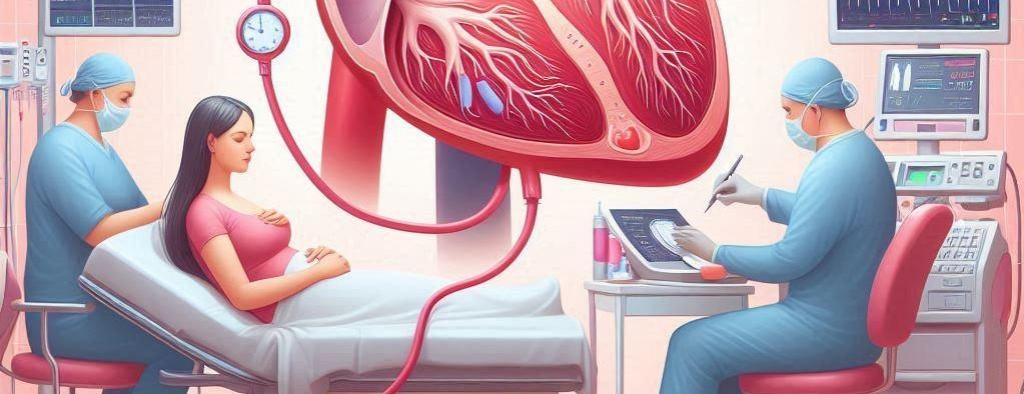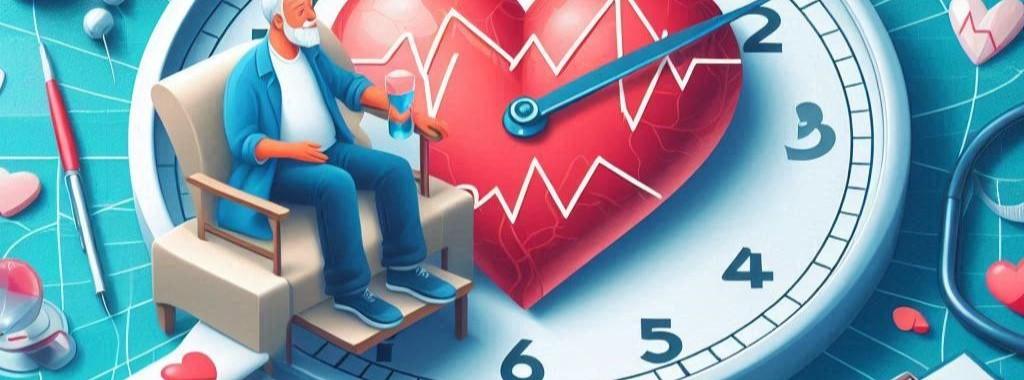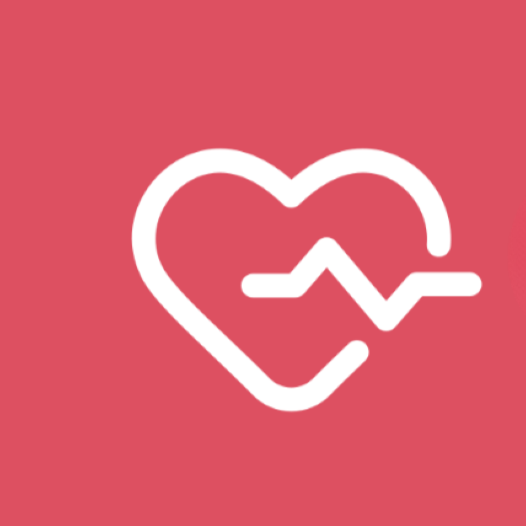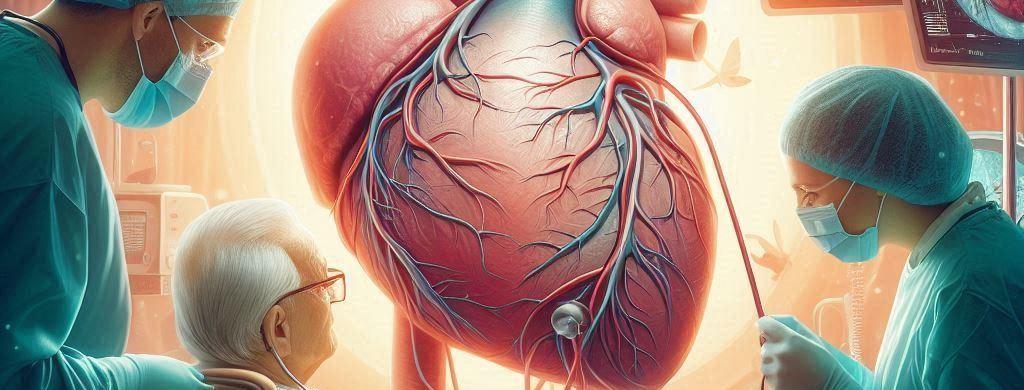Check out : Infection After Heart Bypass Surgery
Open heart surgery is a major medical event that involves surgical interventions on the muscles, valves, or arteries of the heart. My goal here is to prepare you for what the process entails and set accurate expectations for the journey ahead. When you hear Side Effects After open heart surgery, it typically refers to procedures like coronary artery bypass grafting, heart valve repair or replacement, or heart transplants. An open heart surgery is a lifesaving measure that aims to correct significant heart conditions.
Patients with coronary artery disease, valve disease, or heart failure, among other heart issues, are often candidates for this type of open heart surgery. Having a clear understanding of the reasons for Side Effects After open heart surgery and the outcomes can help ease the anxiety associated with open heart surgery. The success rates are testimony to the advancements in cardiovascular medical practices.
Before you go into surgery, you and your healthcare provider will discuss the risks and the steps taken to minimize Side Effects After open heart surgery. Knowing you’ve got a team of expert surgeons and nurses on your side is reassuring. They will ensure you’re informed, prepared, and as comfortable as possible before the surgery.
Side Effects After Open Heart Surgery : What Patients Might Encounter Post-Procedure

It’s common for patients to experience a range of side effects after open heart surgery as the body begins its healing process. These immediate side effects are usually managed within the hospital setting before discharge. The types of side effects and their intensity can vary greatly from person to person, influenced by factors such as the individual’s overall health, the complexity of the open heart surgery, and the presence of underlying conditions.
Pain at the incision site is one of the most notable side effects after open heart surgery. This is to be expected given the invasive nature of the surgery. Pain management is an essential component of postoperative care, and healthcare providers will work with patients to ensure their comfort. This often includes medication, ice application, and eventually, gentle rehabilitation exercises.
Other common post-procedure symptoms can include swelling, bleeding, or fluid accumulation around the surgery area. These issues generally resolve as the recovery progresses. In addition, patients might experience temporary changes in appetite or bowel movements, feelings of fatigue, or difficulty sleeping after open heart surgery.
A key concern is the potential for complications, such as infection, blood clots, or heart rhythm irregularities, which are closely monitored by healthcare professionals. Knowing when to alert a doctor is crucial; for example, patients should seek immediate attention if they experience excessive bleeding, a high fever, or severe pain that does not subside with prescribed medications.
While the immediate side effects after open heart surgery can be discomforting. Understanding them and knowing they’re often a normal part of the recovery process provides peace of mind. Keeping an open dialogue with nurses and doctors about any discomfort helps to tailor pain management effectively, setting the stage for a smoother long-term recovery.
Long-Term Recovery: Anticipating and Managing Side Effects After Open Heart Surgery

Patients often view open heart surgery as a finish line. Yet, I regard it as a milestone in the continuum of care. The long-term recovery phase is crucial in ensuring successful outcomes and optimizing overall well-being. Healing is not just an event, but a process that unfolds over weeks and months after open heart surgery.
During this phase, you may notice various physical and psychological changes. It’s quite common to experience dips in energy levels and mood variations. Furthermore, some patients report difficulties with concentration and memory, often referred to as ‘post-percussive syndrome’. It’s imperative to recognize these changes as typical parts of the recovery process.
An essential component of managing long-term side effects is adhering to a structured rehabilitation program. Your healthcare team will likely recommend cardiac rehabilitation, which includes monitored exercise, dietary counseling, and emotional support. Rehabilitation is designed to help you gradually regain stamina and improve heart health.
Lifestyle modifications play a vital role in recovery. Quitting smoking, adopting a heart-healthy diet, and managing stress are just some of the step-by-step changes you can make to enhance your recovery. Regular, moderate exercise, as advised by your healthcare provider, is critical for regaining strength.
Despite the shifts in habits that may be required, the long-term outcomes can be profoundly positive. Paying attention to your body, staying engaged in your rehab plan, and maintaining open lines of communication with your medical team are key. Always remember that patience is a virtue in the healing journey.
Now, let’s prepare to step into a less-discussed aspect of post-surgery life: the emotional and psychological terrain that comes with it. As we transition into the next section, we’ll explore how coping with post-surgical stress after open heart surgery is equally pivotal to restoring your quality of life.
Addressing the Emotional Impact: Coping with Post-Surgical Stress and Post-Percussive Syndrome

It’s normal to expect your body to need time to heal after open heart surgery; less talked about, though, is the emotional and psychological toll it can take. The road to full recovery isn’t just physical—it’s a mind game, too. Let’s not mince words: open heart surgery is a major event, and it would be unusual if it didn’t stir up a mix of emotions.
The patient may need to cope with Post-Surgical Stress and Post-Percussive Syndrome. Post-surgical Stress and Post-Percussive Syndrome are quite common for open heart surgery patients. Post-Surgical Stress and Post-Percussive Syndrome should be discussed with your medical care team.
You might not anticipate the feelings of vulnerability and anxiety that can linger after surgery. But understanding that these reactions are common can comfort you; you’re not alone. This isn’t just about toughing it out—it’s about recognizing the normalcy of these emotions and responding with self-care and support.
So, where do you turn? For starters, stay connected with your loved ones. They can offer a listening ear, a helping hand, or just be there to share moments of normalcy. Support groups—either in-person or online—are another impactful avenue. Listening to others who have gone through similar experiences can be exceptionally relieving—it’s a reminder that your feelings are shared and valid.
Mental health professionals can also be integral to your recovery journey. Whether it’s a counselor or therapist, these experts can teach you coping strategies to manage any depression, anxiety, or ptsd symptoms that might arise. And remember, leaning on professional help is not a sign of weakness—it shows you’re taking charge of your recovery.
What about motivation, you might wonder? Simple. Set small, achievable goals. This momentum of success can be powerful. Take it step by step, day by day, and celebrate every victory, no matter how small. And if you face setbacks, that’s okay, too. They’re par for the course and not an indicator of failure.
Partnering with Healthcare Providers: Ensuring a Smooth Recovery

A full recovery from open heart surgery depends not just on what happens in the operating room, but on the care and attention given during the healing process. The value of a strong partnership with healthcare providers can’t be over-stressed. After your surgery, follow-up appointments are the thread that stitches together the fabric of your recovery. At these meetings, your progress is evaluated, and adjustments to your treatment plan are made as needed.
Clear and open communication with your medical team is vital. It helps ensure that your recovery is on track and enables early detection and management of any side effects. Ensure you’re prepared for each visit with a list of symptoms, questions, and observations about changes in your health.
Stay vigilant for signs that warrant immediate medical attention. Problems like fever, excessive wound redness, or unusual pain can be indicators of complications. Urgent communication with your surgeon or healthcare provider can lead to swift interventions, potentially averting more serious issues.
Remember, YOU ARE NOT ALONE in this journey. Your healthcare providers are not just service providers; they are partners invested in your well-being. The road to recovery might be lengthy, but with the right team and a proactive approach, you can navigate it successfully. Follow the directions given, attend all recommended therapy sessions, and keep an open line of communication with your doctors. Your heart, and your health, deserve no less.

